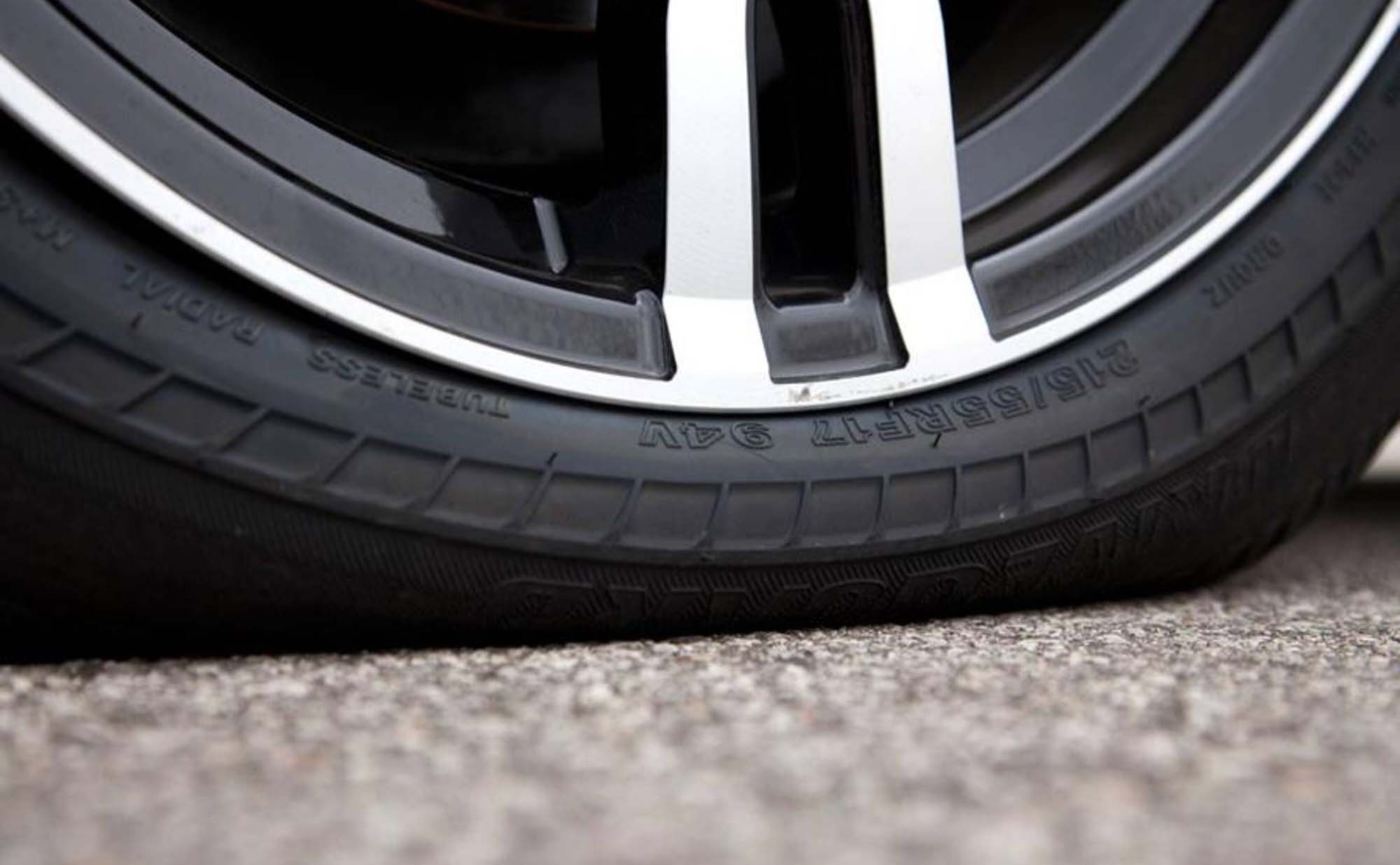In this post, we investigate whether oil additives deliver on their big promises. Here is a summary of what we know and think about oil additives.
In a world that values achievement and “multi-tasking”, we’re failing in our ability to remain focused and attend to a single talk for any significant amount of time. It’s no wonder the prioritizing of multitasking interferes with our driving. Indeed, vehicle manufacturers respond to the number of hours we spend in our cars by adding complex technology, supposedly for our convenience.
However, these options only add to the existing chaos- cell phones, iPods, consuming food, applying makeup, distracting passengers- and take the driver’s attention away from the road.
Since the size of the problem is growing, so are the fines associated with them. Since June 1, 2016, the fine for a distracted driving violation ticket has more than doubled, from $167 to $368. The number of associated penalty points applied to a driver’s record has also increased from 3 to 4 points. On a first infraction, this will also result in a driver paying a further $252 ICBC Driver Penalty Point premium.
On top of these fines, distracted driving is a major cause of motor vehicle accidents, which all too often result in loss of property and life. Here are some ways to remain safe on the road and minimize your distractions.
Cell Phone Use
Around the world, communities are becoming aware of the dangers of cell phone use while driving. British Columbia has an automatic penalty of $368.00 for your first distracted driving penalty. Click here to learn more about the guidelines and laws around the safe use of mobile devices in British Columbia.
Even if you live in a place where cell phones while driving isn’t prohibited by law, you should still limit your cell phone use for emergency purposes only. If you have an emergency on the road, pull your vehicle safely to the shoulder, turn off your motor, and put on your emergency blinkers before calling for help.
Remember that distracted driving applies to hands-free equipment because mental distraction has been shown to cause drivers to miss important audio and visual cues on the road.
Sleepy while driving
Don’t drive drowsy. Drivers consistently underestimate the effects of tiredness on their driving, and falling asleep at the wheel happens all too frequently and can result in a serious accident. If you’re too tired to drive then have a nap before you leave, ask someone else to drive you, or pull over for a break.
Driving with your window open, ingesting caffeine and the scent of peppermint all assist with increasing alertness, however, they aren’t guaranteed to get you home safely.
Passengers
Distracted driving also comes in the form of activity from passengers. British Columbia has a progressive driving program that prohibits new drivers to have passengers in their vehicle because of the high risk of distractions.
Eating
The food and beverage industry promotes “on-the-go” type foods, but if you’ve ever tried to open a stubborn packaged food item, or spilled hot coffee on your lap while driving, you can see it’s not always that easy. Eat before you drive, or if you’re purchasing food on the road, consume while your vehicle is parked. Food spills are one of the most common causes of distraction.
Time
Running late feels bad, and is a huge distraction. Take your time when you drive, which means leaving for your destination with enough time to get there, plus bonus time for unexpected traffic or detours. Planning ahead, and keeping an eye on the clock is a simple but important factor in driving and arriving safely.




